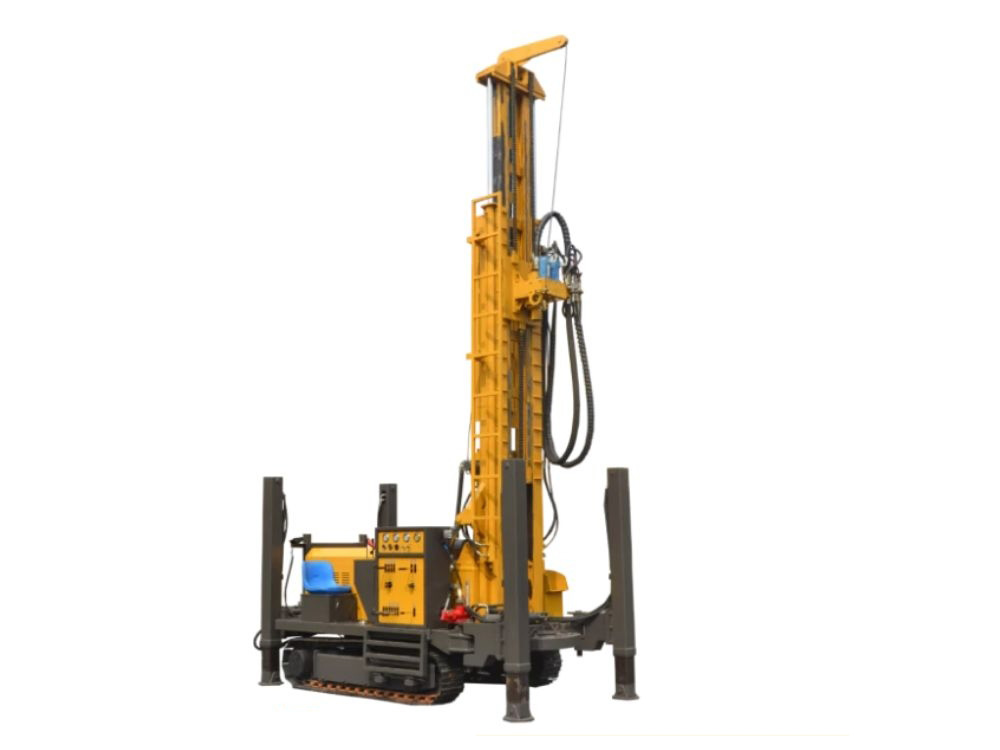 Date:2025-06-21
Date:2025-06-21
 Page View:188
Page View:188
1、 Hydraulic system malfunction
Insufficient pressure
Reason: Fatigue of the pressure regulating valve spring, stuck or worn valve seat cone surface.
Solution: Adjust the limit nut or replace the spring; Disassemble and clean the valve seat, repair the damaged cone surface.
Oil temperature too high
Reason: Insufficient fuel in the fuel tank, damaged fuel pump, or improper selection of working pump.
Solution: Supplement hydraulic oil to the standard level; Repair or replace the oil pump; Match the working pump with the rated pressure according to the instruction manual.

2、 Power transmission failure
The oil pump is not refilling/the oil level is insufficient
Reason: Insufficient fuel in the fuel tank, clogged filter, clogged intake or ventilation holes in the suction pipe.
Solution: Add oil to the calibrated liquid level; Clean or replace the filter; Tighten the pipe joint and unclog the ventilation hole.
Coupling heating
Reason: Excessive wear of the elastic ring and large deviation in coaxiality between the power machine and clutch.
Solution: Replace the elastic ring; Re calibrate the coaxiality of the assembly (error ≤ 0.1mm).
3、 Mechanical component failure
The winch brake slips
Reason: The brake belt is stained with oil or the brake clearance is too large.
Solution: Clean oil stains with gasoline; Adjust the gap between the brake band and the brake wheel to 0.5-1mm.
Clutch slippage
Reason: Friction plate wear and tear, aging of compression spring.
Solution: Replace the friction plate (if the thickness wear exceeds 30%, it needs to be scrapped); Synchronously replace the broken spring.
4、 Key points of preventive maintenance
Daily inspection: Tighten bolts (key parts torque ≥ 1100N · m), clean oil stains, lubricate drill pipe joints and reducers (NLGI grade 2 butter) for each shift.
Oil management: Strictly select hydraulic oil according to the viscosity specified in the manual (68 # in summer and 46 # in winter), and regularly replace the filter (recommended for 2000 hours).
Environmental adaptation:
During underwater operations, the drill pipe should be exposed 1-2 meters above the water surface to prevent sediment intrusion;
Rust prevention treatment should be carried out after shutdown on rainy and snowy days, and the tracks should be loosened when parked for a long time.
Operation warning:
It is prohibited to reverse the drill rod during drilling to prevent detachment;
Abnormal noise/vibration should be immediately stopped to prevent the fault from escalating.
Following the above plan can reduce the failure rate by over 60% and extend the lifespan of the equipment. Please refer to the equipment manual for specific parameters. For complex faults, it is recommended to contact professional maintenance personnel.